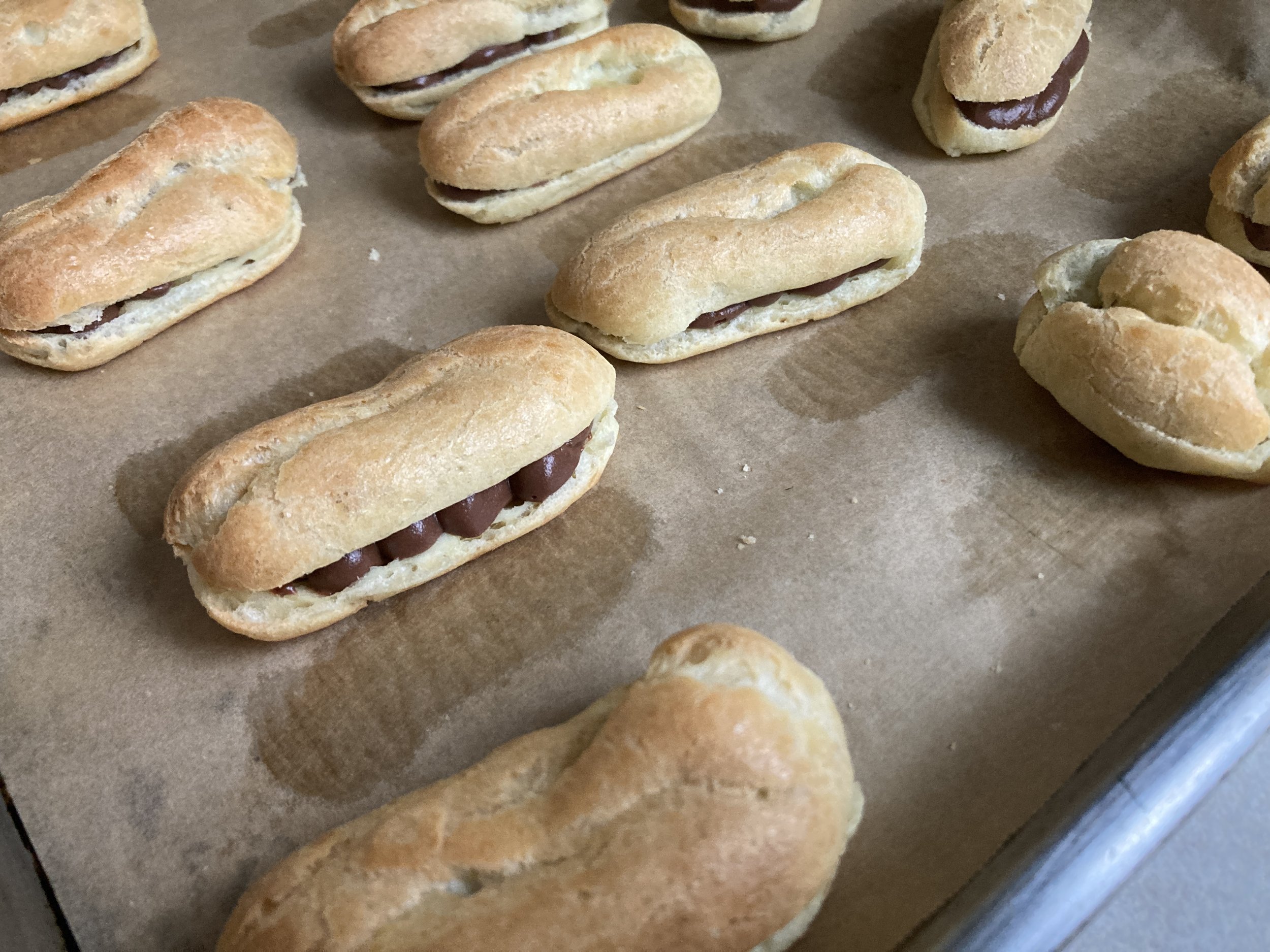Disappearing references
Disappearing references: My mother-in-law has always wished she was taller. She makes several jokes about it. There is the self-deprecating one, that she would be too vain if she had been tall. There is the one with a French saying that goes: “dans les petits pots, les meilleurs onguents” (something like the “good things come in small servings” in English) and the rapid-fire response she gives “et dans les grands, des excellents” that rhymes.
Once, when I was visiting her in 2021 and we were sitting and chatting she told me that she and her friend were called “Mutt and Jeff”. I happened to be recording her anecdotes; it was the first time I’d heard the reference. (It was a very casual conversation so forgive my unmodulated voice…)
I didn’t understand it as part of the vernacular of the period until reading this passage from Barbarian Days: “Physically, we were an unlikely pair. I was more than a foot taller. Caryn’s mother, Inge, liked to call us Mutt and Jeff.” (p 125)
Serendipitously finding a cross-reference is a perennial source of delight.
Quotable
Some deep relationship wisdom from Gabriel on Humans of New York: “They [your partner] pay the tax for what happened when you were a kid. That’s why it’s so important to heal childhood wounds.”
Liking
This channel on TikTok, called CultFlav, does cookbook reviews I really appreciate. They are very thorough and I learn a lot just watching them interact in the kitchen.
Cooking
This week, I made Smitten Kitchen’s Pancetta, White Bean, Swiss Chard (Kale) Pot Pies for our Thursday evening visitors, not having revisited the recipe for years. They’re cute and while they do have three steps (filling, sauce, lid) the steps are easy. And, um, I forgot how good they were…. really, really nice.
Baking
Last Sunday I made éclairs, large and small, but only the small choux pastry was properly dried out in the baking. This miniature format was nonetheless well liked, and so, all éclairs from my kitchen will be tiny. Ha! Also… jam thumbprints, with strawberry jam from last summer.
Not yet glazed…
Postcards
The warmer weather earlier this week has already melted the ice on the river… On the other side, a venerable tree in King’s Park.
Enzo and I walk past Parkview Terrace’s ongoing development. This week, the impact hammering of sheet piles being driven in has a sound that reverberates off the Waterfront condo that changes as you walk.






